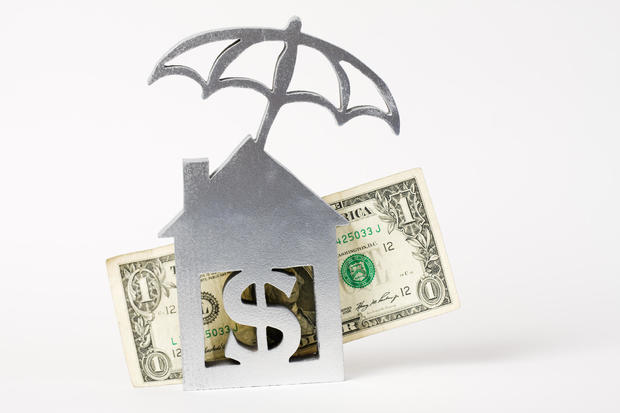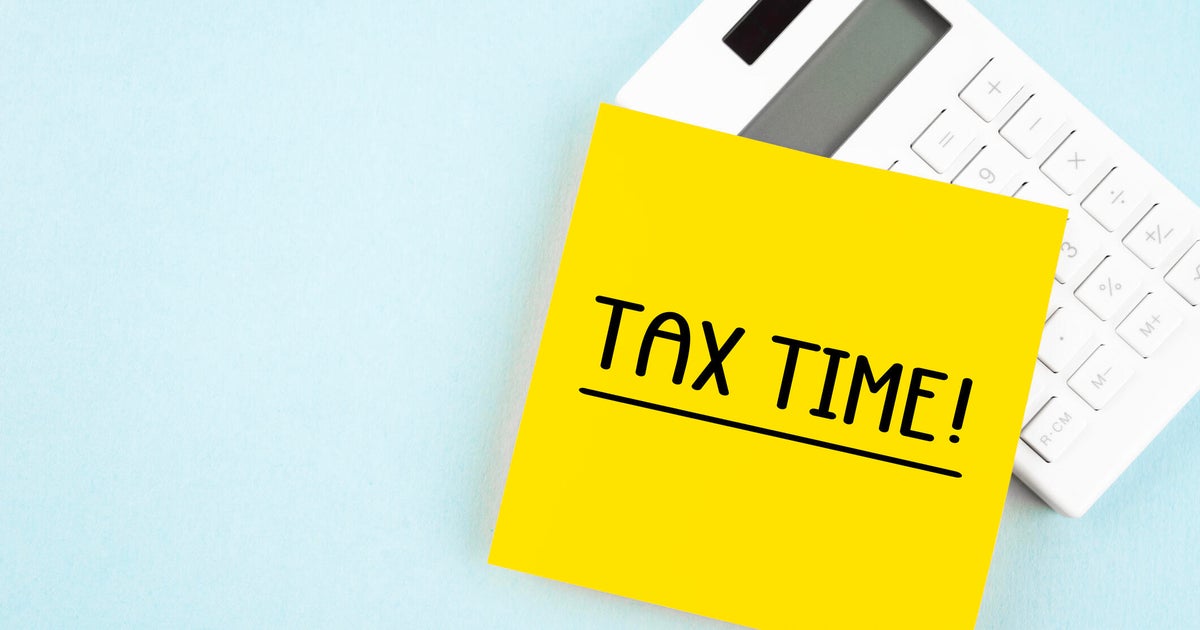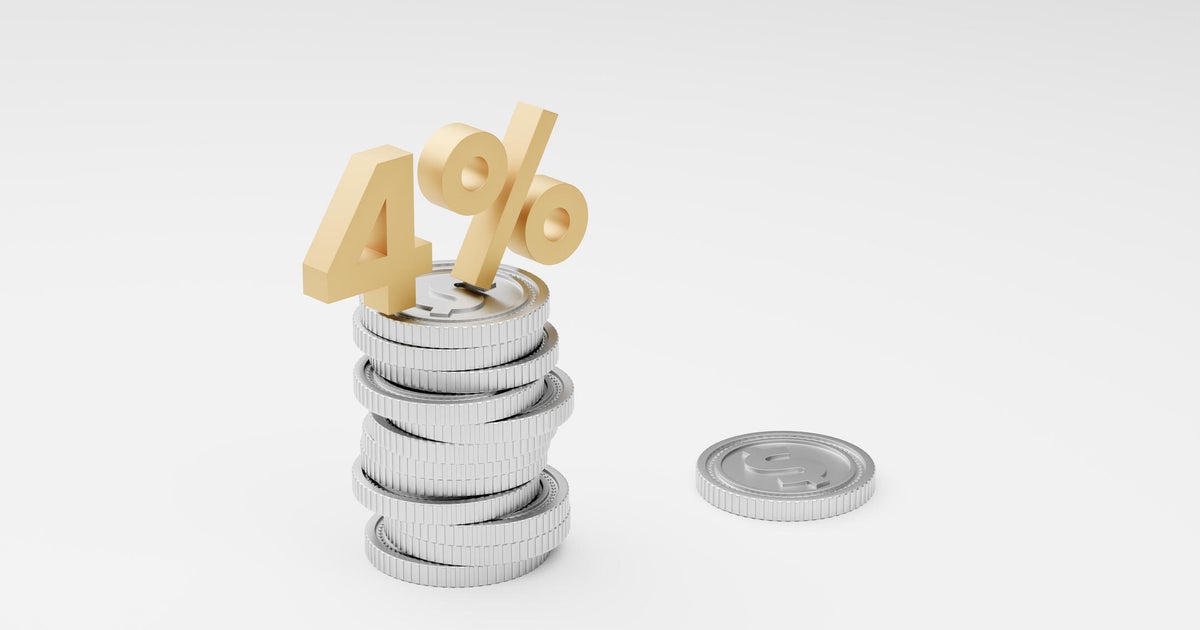5 smart ways to use your home equity in 2024
When it comes to borrowing money at a low rate, many homeowners have a big advantage over renters — especially right now. That's because home values have risen significantly over the last few years, and the average homeowner now has nearly $200,000 in home equity that can be tapped into — typically at a much lower rate than other types of lending products.
That amount of home equity offers homeowners a lot of flexibility when it comes to borrowing money. And, there are a few different ways that they can tap into their home's equity, too — with two of the most popular being home equity loans and home equity lines of credit (HELOCs). Both types of home equity loans can be used for a wide array of purposes, from paying off high-interest debt to covering costly medical bills or unexpected expenses.
And, as we enter the new year, leveraging your home equity wisely with one of these home equity loans can also open up various opportunities to enhance your financial well-being. If you want to put your home's equity to good use, there are a few smart ways to make the most of this valuable asset in 2024.
Find out the top home equity loan rates you could qualify for here.
5 smart ways to use your home equity in 2024
If you're considering a home equity loan or home equity line of credit in 2024, here are a few smart uses for the funds you tap into:
Home renovations to increase property value
One of the most effective ways to use your home equity is by reinvesting it into your property through strategic renovations. Upgrading key areas such as the kitchen and bathroom, or adding energy-efficient features, not only enhances your living experience but can also boost the overall value of your home.
By increasing your property's market value, you're setting yourself up for a higher return on investment when it comes time to sell. For example, building out an unfinished basement by adding finishes like flooring and drywall can result in a return on investment of up to 70%, according to Homelight. Or, building a deck could result in recouping between 39% and 50% of your costs, according to the real estate tech company.
Learn more about your home equity loan options here.
Debt consolidation and refinancing
If you find yourself juggling multiple high-interest debts, using your home equity to consolidate them can be a financially savvy move. By opting for a home equity loan — or even a cash-out refinance — you can pay off high-interest debts such as credit cards or personal loans.
This not only simplifies your monthly payments but also potentially saves you money in interest over the long term. After all, home equity loans and HELOCs are secured by your home as collateral, so the rates on these loans tend to be lower than the rates you can get on personal loans or other types of debt consolidation loans — so it's often cheaper to borrow from your home equity to cover your high-interest debts.
Investing in education
Investing in education, either for yourself or your children, can be a rewarding way to use your home equity. Funding education expenses through a home equity loan or HELOC allows you to benefit from lower interest rates compared to other forms of borrowing. So, whether it's pursuing higher education, vocational training or supporting your child's educational journey, using your home equity strategically can be a wise investment in the future.
Emergency fund and financial safety net
Your home equity can serve as a valuable safety net during unforeseen financial challenges. Establishing an emergency fund is crucial for financial stability and tapping into your home equity can provide a source of readily available funds in times of need. This ensures that you have a financial cushion to fall back on without resorting to high-interest debt from credit cards and other types of loans or having to liquidate other investments.
Real estate investing
For those with an interest in real estate, using your home equity to invest in additional properties can be a lucrative option. Whether it's purchasing a rental property or venturing into real estate development, leveraging your home equity can provide the capital needed for such investments. This can also help to diversify your portfolio and generate passive income over time.
Choosing between a HELOC and a home equity loan
When considering ways to utilize your home equity, it's essential to understand the differences between a HELOC and a traditional home equity loan. Each option comes with its own set of features, advantages and considerations. Here's a guide to help you make an informed decision:
HELOC considerations
- Flexibility: HELOCs offer flexibility in terms of borrowing. They function like a credit card, allowing you to borrow as needed, up to a predetermined credit limit. You can also pay the money you borrowed from your HELOC back during the draw period and then borrow from it again as often as you need to.
- Variable interest rates: The interest rates on HELOCs are typically variable, meaning they can fluctuate over time based on market conditions.
- Draw and repayment periods: HELOCs often have a draw period during which you can access funds, followed by a repayment period. During the draw period, you only pay interest on the amount you borrow unless you want to pay down the principal to free up your line of credit.
Home equity loan considerations
- Fixed interest rates: Home equity loans come with fixed interest rates, providing predictability in your monthly payments. This can be advantageous in a rising interest rate environment.
- Lump sum payment: With a home equity loan, you receive a lump sum upfront rather than a line of credit, and you start making regular monthly payments immediately on the money you borrowed.
- Structured repayment: Home equity loans have a structured repayment plan, ensuring you gradually pay down both the principal and interest over the loan term.
How to choose between a HELOC and home equity loan
Ultimately, the choice between a HELOC and a home equity loan depends on your specific financial situation, preferences and the purpose of the funds. That said, weighing the following factors may help you make the best decision based on your circumstances.
- Purpose of the loan: If your goal is to fund ongoing projects or expenses with fluctuating costs (e.g., home renovations), the flexibility of a HELOC may be more suitable. For one-time expenses with a fixed budget (e.g., education expenses), a home equity loan's lump sum payment could be the preferable option.
- Interest rate preference: If you prefer stable, predictable payments and anticipate interest rates to rise, a home equity loan with a fixed interest rate may be more suitable. If you're comfortable with some variability in interest rates and want the flexibility to borrow as needed, a HELOC with a variable rate may be a better fit.
- Usage patterns: If you're disciplined about making regular payments and not exceeding your budget, a HELOC's flexibility may be advantageous. If you prefer the structure of fixed monthly payments and want to avoid the temptation of ongoing borrowing, a home equity loan might be a more practical choice.
- Future financial outlook: If you anticipate needing access to funds over an extended period, a HELOC's ongoing availability might be beneficial. If you foresee a temporary need for a large sum and prefer the security of a fixed repayment plan, a home equity loan may align better with your financial goals.
The bottom line
As we begin to navigate the financial landscape of 2024, it's essential to consider the various ways in which your home equity can be strategically utilized to enhance your financial position. Whether you choose to reinvest in your property, consolidate debts, fund education, build an emergency fund, explore real estate investments or make other financial moves, it's crucial that you carefully plan the uses for your home equity funds. By making informed decisions, you can unlock the full potential of your home equity and pave the way for a more secure and prosperous financial future.




